detail profile isabel ribeiro
Peran Yang Di Mainkan Isabel Ribeiro
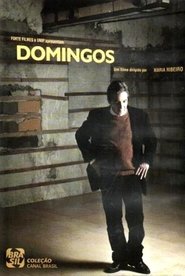 A look into the life and...
A look into the life and...Domingos 2009
A look into the life and mind of Brazilian playwright and filmmaker Domingos Oliveira through his daily activities and artistic deeds.
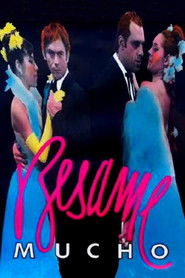 The story of two couples Xico...
The story of two couples Xico...Besame Mucho 1987
The story of two couples - Xico and Olga, Tuca and Dina - through 20 years of friendship, from adolescent dreams to maturity frustrations. They meet in a small town in the State of São Paulo, but one of the couples decides to try their luck in the big city. As background, the political events in the 60's and 70's, and how they affect their lives.
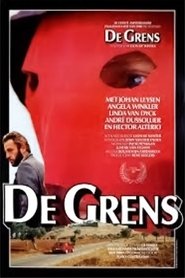 Director Leon de Winter has taken...
Director Leon de Winter has taken...Frontier 1984
Director Leon de Winter has taken a thriller with political and psychological overtones, and scrambled it into a series of vignettes that are mixed-up in time and in location, thereby dashing any hope of following the story. A journalist goes to a southern European country to interview a well-known terrorist who has refused to stop his activities even though the revolution he fought for ended successfully five years earlier. Questions are raised about adopting violence as a way of life without at first realizing it and about the seeming impossibility of raising the consciousness of backwater cultures. Perhaps because of the way the story has been filleted into fragments, characters like the journalist and terrorist do not have enough continuous screen time to build up their individuality, a second factor that makes it difficult to become involved in the drama.
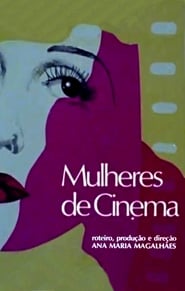 Documentary on famous Brazilian actresses female...
Documentary on famous Brazilian actresses female...Mulheres de Cinema 1978
Documentary on famous Brazilian actresses, female directors and the role of women in Brazilian film history.
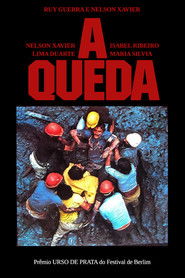 An accident at a construction site...
An accident at a construction site...The Fall 1976
An accident at a construction site, resulting in one death, sets one worker off on a struggle for justice that exposes the mechanisms of exploitation and the class relations of a country that had undergone one decade of fast-paced ‘conservative modernisation’ at the hands of the military. As a sort of sequel to the classic The Guns (1964), following the fate of those characters as they move from enforcers of exploitation to exploited, it offers more than a snapshot of the period: the correspondent time lapses in fiction and reality capture the passage of a chunk of Brazilian history between the two films, and, therefore, also the transformations in cinematographic approaches to the social and political between the two moments. Equally daring in content and form, and in the originality of the adequacy of one to the other, it won the Silver Bear at Berlin.
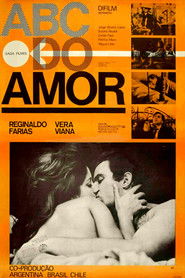 Film that includes three short films...
Film that includes three short films...The ABC of Love 1967
Film that includes three short films by different authors about love: "O pacto" by Eduardo Coutinho, "Terrible Night" by Rodolfo Kuhn, and "Magic World" by Helvio Soto.
 Chronicles the life of a 17 yearold...
Chronicles the life of a 17 yearold...The Girl from Ipanema 1967
Chronicles the life of a 17 year-old girl living in the upper-class Rio de Janeiro neighbourhood of Ipanema. Márcia lives a life of parties and spend her days among bohemians, musicians and intellectuals. While seeming happy in the outside, she's extremely anguished inside. Based on the famous song by Antonio Carlos Jobim and Vinicius de Moraes.
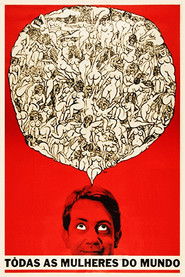 When womanizer Paulo meets a friends...
When womanizer Paulo meets a friends...All the Women in the World 1966
When womanizer Paulo meets a friend’s fiancée, she changes the way he looks at the opposite sex. He falls in love, and believes she is in fact all women in one. Because of that, he has to face an important decision: to go on with his old life, or embrace this special relationship and become a monogamous man.

 After diving into a shallow lake...
After diving into a shallow lake...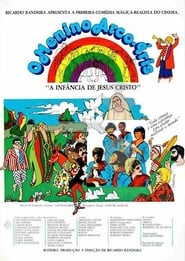
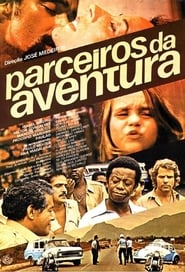 Rio de Janeiro crooks rove about...
Rio de Janeiro crooks rove about...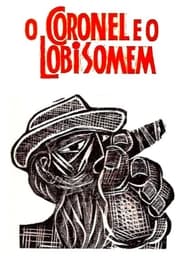
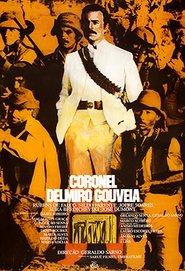 In the beginning of the 20th...
In the beginning of the 20th...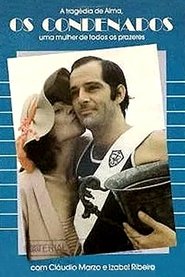 In So Paulo during the 1920s...
In So Paulo during the 1920s...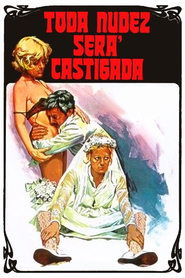 A rich spoiled young man encounters...
A rich spoiled young man encounters... The story of Paulo Honrio a...
The story of Paulo Honrio a...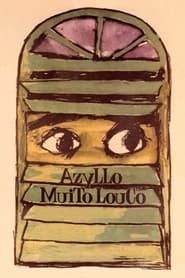 Father Simo Bacamarte arrives in the...
Father Simo Bacamarte arrives in the...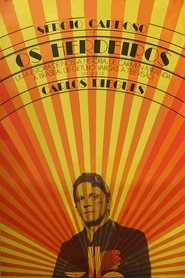 An allegory about Brazils history and...
An allegory about Brazils history and...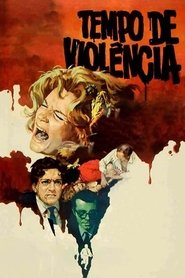 Wealthy banker Antnio witnesses the murder...
Wealthy banker Antnio witnesses the murder...